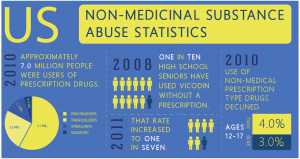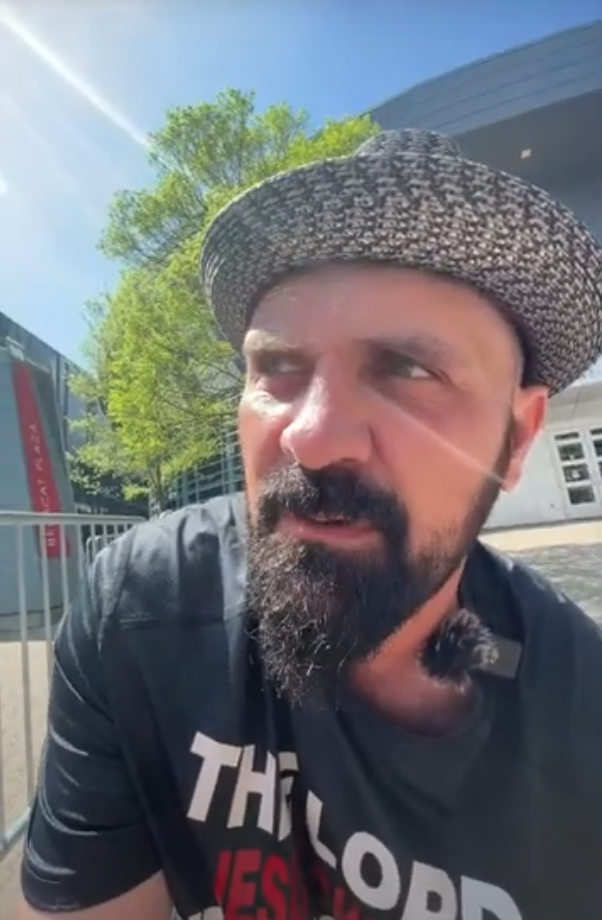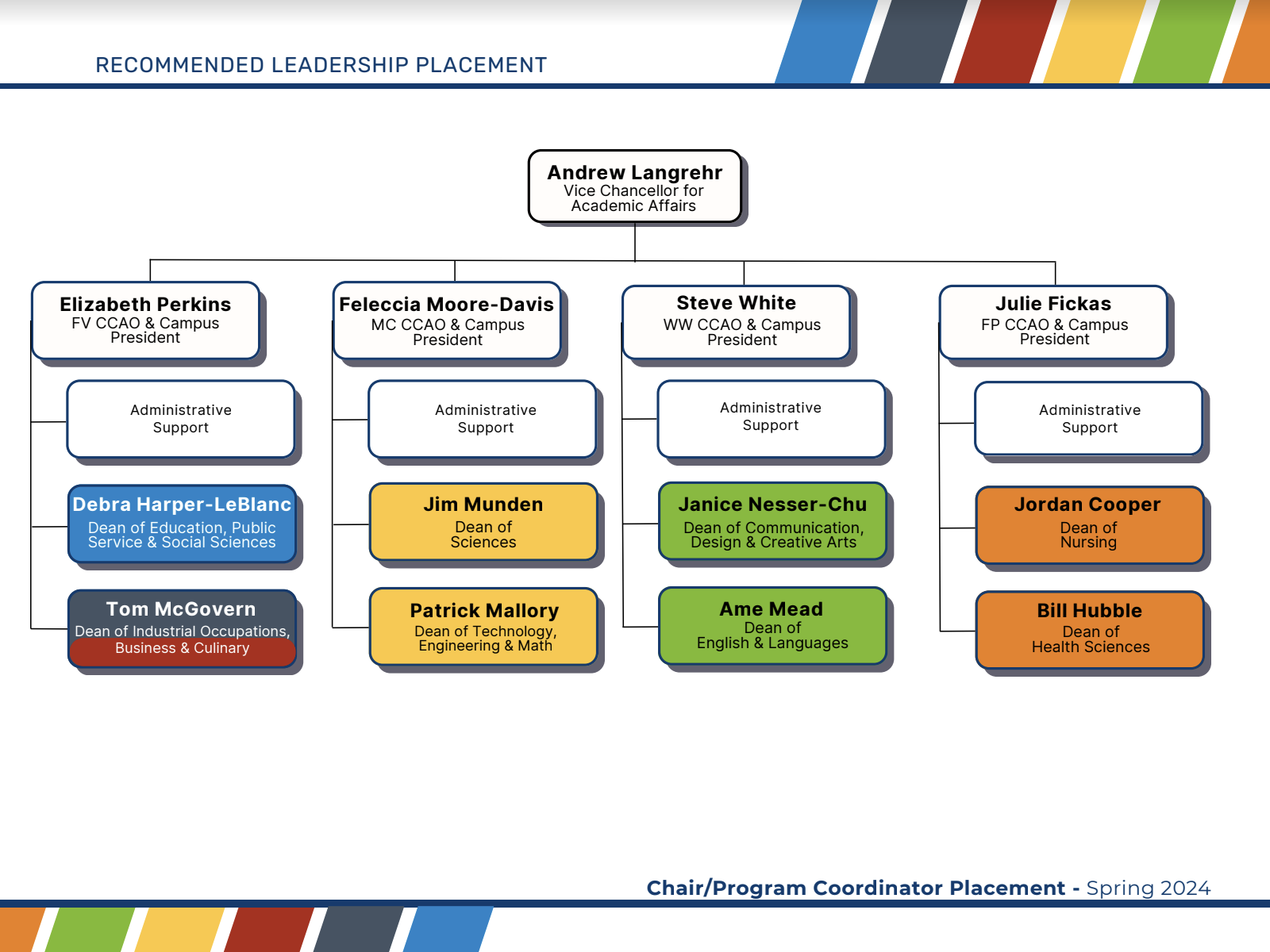Illicit drug use affected 22 million Americans in 2011

Kelly Glueck
-Managing Editor-
As a former sorority girl and St. Louis University graduate, she had “a lot to lose.” Soon after graduation, she went through a divorce and her physician cut her off from her two-year prescription of opiate-based pain medications Vicodin and Percocet. She said within two months, her life had ended.
She said going cold turkey from 180 pills twice a month was unrealistic and she went to the streets to fix her addiction. She said that pills were expensive and hard to find. After trying heroin at a party, she started snorting heroin, which led to shooting up $100 worth of heroin every day.
“Everybody was like, ‘Oh, you get so much higher and you use so much less,’” she said. “I’m the type of girl who would cry when they took blood from me, but one day it just sounded like a good idea.”
“She” is a reformed addict and informant for a local Missouri police department. From prescription pills to street drugs to heroin, her journey with drug use is not uncommon.
“The fastest-growing drug trend at the current time is the abuse of prescription drugs. That abuse rate is about 7.1 million Americans. 5.4 million of those are abusing opiate pain relievers and that is what has led to our problem with heroin,” Detective Sgt. Jason Grellner, Narcotics Unit Commander, said. “What people don’t understand is that those 5.4 million Americans who are abusing opiate pain relievers, all of those opiate pain relievers are semi-synthetics of heroin.”
STLCC-Meramec has joined efforts to raise awareness about substance abuse. On March 28, the counseling department will host Substance Abuse Awareness Day. There will be free literature, discussion and resources for those immediately involved with addiction and those affected by someone else’s addiction.
“If I had had counseling from the beginning, right at the time of my divorce and being cut off from my prescriptions, that probably would have been the opportunity to avoid letting everything go downhill,” the informant said, pushing her thinned blonde hair behind her ear.
She said she tried to get help but she did not have insurance coverage or a referral to get help. She said the heroin took away the pain quickly. Within a minute or two, she was in another world where nothing could bother her and she was just happy to sit and stare at nothing.
“You logically know things are wrong, but you don’t care,” she said. “You’re numb to everything.”
Meramec Counseling Department Chair Donna Zumwinkel said when people start using substances, they are usually trying to fill some other need in life, whether it is a need to belong, a need to feel better, a need to be happy or a need to escape.
“They think this might help without realizing the potential for the long-term consequences of their actions,” Zumwinkel said. “Heroin addicts aren’t your violent addicts, but they need money. Heroin is pretty cheap at first, but they need money and they’ll resort to whatever they have to in order to get their next fix.”
Kirkwood Officer Bob Bayes and Sgt. Doug Raymond said that they have seen an increase in drug-related crimes such as shoplifting, auto break-ins, home burglaries and crimes against women such as abuse, prostitution and sex trafficking.
“We deal with a lot of girls who end up in the business of prostitution,” Bayes said. “Probably 80 percent or more of the girls that we come across are doing it to support their boyfriend’s or their own heroin habit and they will do whatever it takes to catch that high.”
The informant said that there came a time, or several, when she knew she needed to get off. She tried quitting for at least one day more than 50 times.
“You obsess about it, telling yourself, ‘I’ve got to stop doing this. I’ve got to get out of this,’” the informant said. “Then you get so far into feeling like you’re going to die that you give up and say, ‘Screw it.’ Heroin will make you so afraid of not having it, it’s terrible. You’re convinced you can’t live without it.”
She said that getting through it was the hardest thing she has ever gone through and will ever go through.
“It’s hell. It’s the worst feeling in the world. It’s like crawling out of your skin. Mentally, you’re freaking out. Everything that could feel bad does. But for me, the worst part was this feeling that things were getting sucked out of you. You just can’t get comfortable,” she emphasized her words with the aid of hand gestures, repeating, “You can’t get comfortable.”
Raymond said that it not only takes a toll on the addict, but sometimes the toll is worse on the friends and family.
“The family is consistently trying to get that person off the drugs,” Bayes said. “It’s a burden on the family financially and the family as a whole because addicts are in and out of their lives so their family is constantly worrying.”
Zumwinkel said addiction has a ripple effect and it is the loved ones who are often affected by it.
“People who are addicts will unintentionally and repeatedly hurt the people they love,” Zumwinkel said.
“They’ll lie to them, they’ll steal from them, they will cheat on them, and it’s not because they’re bad people but it’s the piece of their addiction that makes them act that way.”
Most times when people are struggling with addiction they are also struggling with a multitude of other problems, Zumwinkel said. She said that it was probably the other problems that led to addiction in the first place.
The informant agrees with Zumwinkel that mental treatment, or counseling, is just as important, if not more important, than getting medical treatment. She said drugs can create more problems, while discussing the underlying issues can find the root of the real problem.
“I think [counseling] is absolutely required. We need more talking and figuring things out. Not just, ‘Here’s a pill, shut up,’” she said. “There’s too much, ‘We don’t know how to solve your problems, you’re too screwed up, here’s some drugs.’”
The informant said that every person who will try heroin can expect a horror story and whether it is snorted or shot up, the experimenter instantly becomes the addict chasing the next fix. She said she forgot the everyday things that made her happy like singing along to the radio and calling to catch up with friends.
“Not needing that stuff, is the best feeling in the world,” she said. “If you can come back from heroin, you can do anything. You can take over the world. I’ve never been through anything harder than that. It’s no joke. Don’t play around with it.”
The Counseling Department is sponsoring a presentation form Jean Sokura of Preferred Family Healthcare. She will be speaking at 1 p.m. on March 28 in BA 105. Meramec offers free counseling services and referrals program at 314-984-7575.












